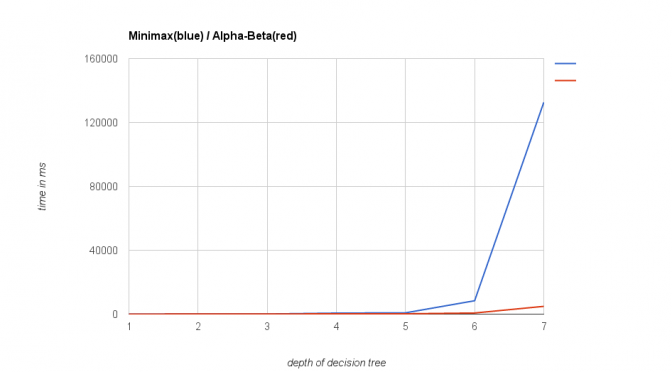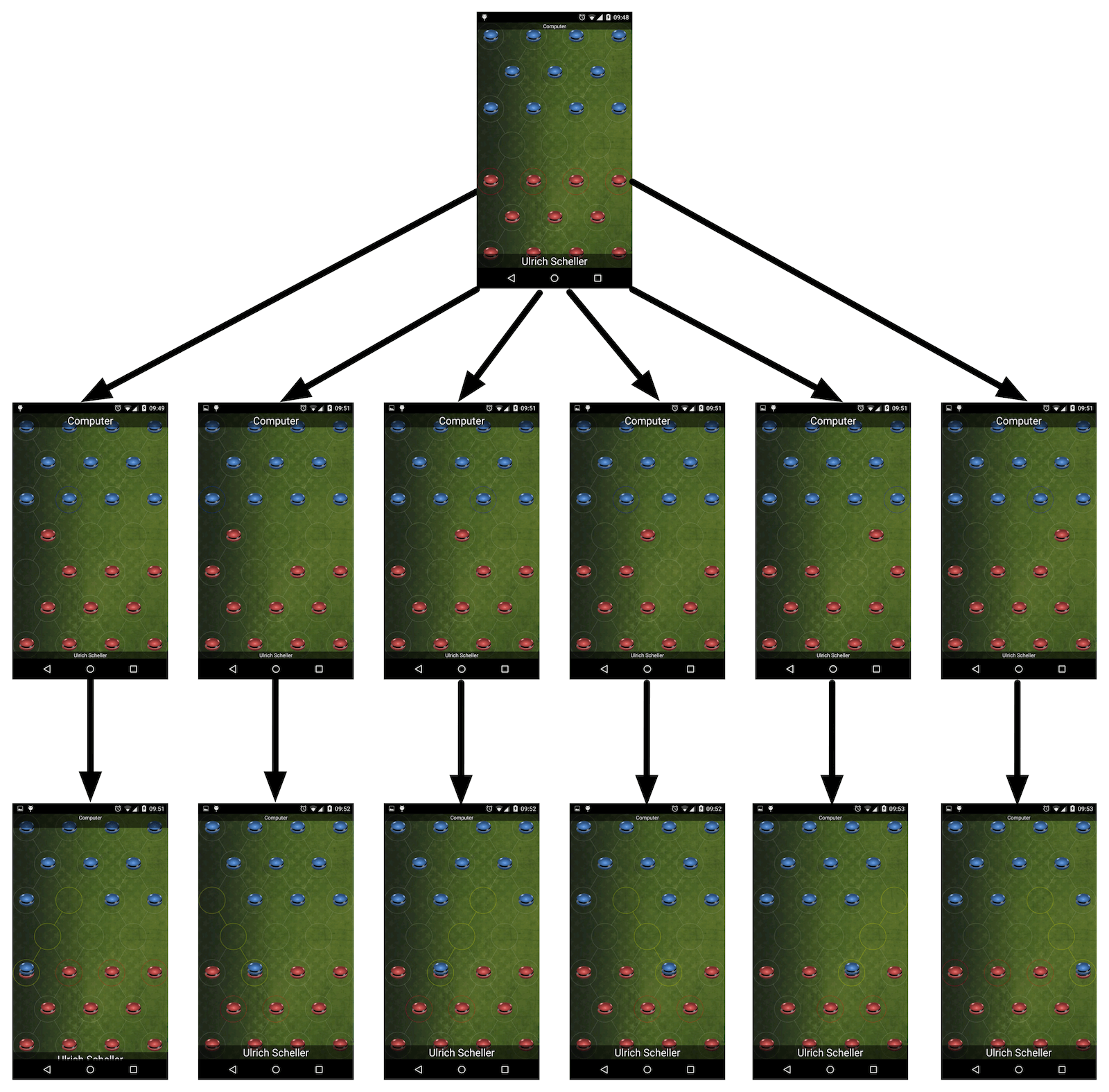This is a list of things I would like to see for Android to improve the development of apps. Don’t get me wrong, Android is one of the best platforms out there, but this doesn’t mean it can not improve anymore.
Hot Code Replacement
It always takes a while to deploy your application on the mobile phone or in the emulator. If you just want to find out what is happening in the code this deployment cycle adds up to quite some time. I know it is hard to replace Dalvik code from a Sun Java machine, but it would help a lot. We even had hot code replacement with our Robocup machines while they were playing soccer. Another possibility would be to use something like hotswap for python. It monitors changes of source files and applies them to the running process as soon as possible.
Flawless USB Connection
There are many cases where you have to unplug and plugin the development phone again. For example when I adb uninstall an app, it can not be installed again until the USB connection has been reset. The same goes for installing an apk from the SD card. You have to connect the phone as an external device, copy the apk and unplug again, before installing the app.
Another thing is that LogCat most of the time does not recognize when the phone is plugged in again. So you always need to switch to the DDMS view in Eclipse, click on the device and go back to the Java view again.
Simple caching of files
Some time ago I had this question on StackOverflow. Disk space is extremely limited on current Android phones. On the iPhone you can easily bundle 20 Megabytes of data with your application, because the app partition is huge. In contrary, most G1 users don’t even have 3 Megabytes of space on their phones. So until every Android device has a huge app partition (or could use the sdcard for it), we need to cache files and delete them on demand. There should be a standard way of caching, like RomainGuy described it with SoftReferences for storing images in memory.
Just in Time Compiler
Now this one is already in the works, but it might still be a while until it sees the light of day. But obviously the overall performance is not even close to the iPhone right now. A JIT compiler should be able to nearly close the gap.
Hardware Graphics Acceleration
The hardware of most Android devices is capable of handling a lot of 3D objects and textures with high framerates. In the standard user interface, this acceleration is not used. Hardware acceleration with OpenGL should speed up the overall performance a lot.
What kind of things can you think of? Put your own wishlist in the comments.
(this entry is cross-posted from my old blogger site)


